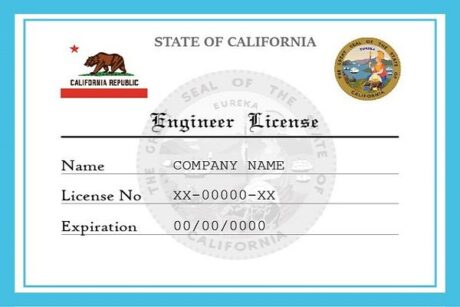4
- Course No E – 1488
- PDH Units 7.00
No data found for Custom Course Number
No data found for Custom Course Units
4
- Course No E – 1488
- PDH Units 7.00
Intended Audience: all engineers
PDH UNITS: 7
A Closer Look into Engineering Project Management
Get the most up-to-date information on engineering project management from scope planning to project closeout. This PDH course developed by Dr. Boris Shvartsberg, Ph.D., P.E., P.M.P., offers a detailed, real-world examination of the modern practices involved in the engineering project management. Underpinnings of and lessons learned in the scoping, permitting estimating, scheduling process, equipment and materials procurement, analysis and development, and closeout processes of technical projects are highlighted.Course Details
This online course starts with discussion of the engineering professional’s involvement in project management. Included are definitions of the project, triple constraint and work breakdown structure (WBS). These descriptions are followed by numerous chapters covering the integral processes of effective engineering project management, including:- Estimating
- Scheduling
- Definition of Scope
- Procurement process
- Risk management
- Project communications
- Project baseline and control
- Performance measurement
- The engineer's role in the modern project management process.
- The foundation, concepts and applications of engineering project management.
- How to apply the main tools and principles of modern engineering project management.
Learning Objectives
At the conclusion of this course, you’ll be able to:- Detail the project engineer’s involvement in project management.
- Describe the definition of "the project".
- List the components of triple constraint.
- Explain the purpose of WBS and how it's obtained.
- Understand the difference between effort and duration.
- Describe the main estimating techniques involved in engineering project management.
- List the types of cost estimates.
- Describe views of project schedule.
- List project schedule optimization techniques.
- Define scope and scope “creep”.
- Describe the project engineer’s involvement in a procurement process.
- List procurement options and the types of contracts applicable to technical projects as well as their advantages and disadvantages.
- Describe risk identification, analysis and response processes.
- List the primary sources of risk involved in utility company projects.
- Describe the different types of project communications.
- Explain how to make meetings productive.
- Define project baseline.
- List the main components of project control.
- Use Earned Value Analysis to forecast project outcome.
Course Reviews
4
4
1 ratings - 5 stars0
- 4 stars1
- 3 stars0
- 2 stars0
- 1 stars0
Once completed, your order and certificate of completion will be available in your profile when you’re logged in to the site.
Ethics Courses
Course No E - 1488
PDH Units 7.00











Course had very useful information for project management. Some new material I had not been exposed to yet.
Provided only 4 stars as course material needs a thorough grammatical review and edit.